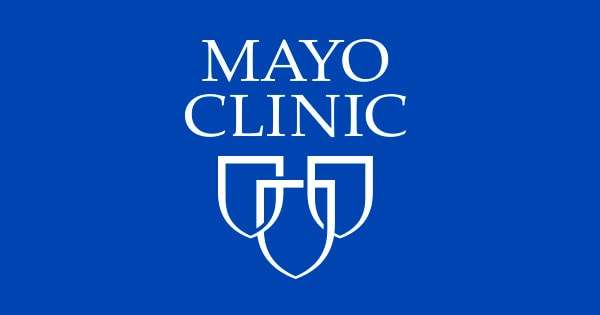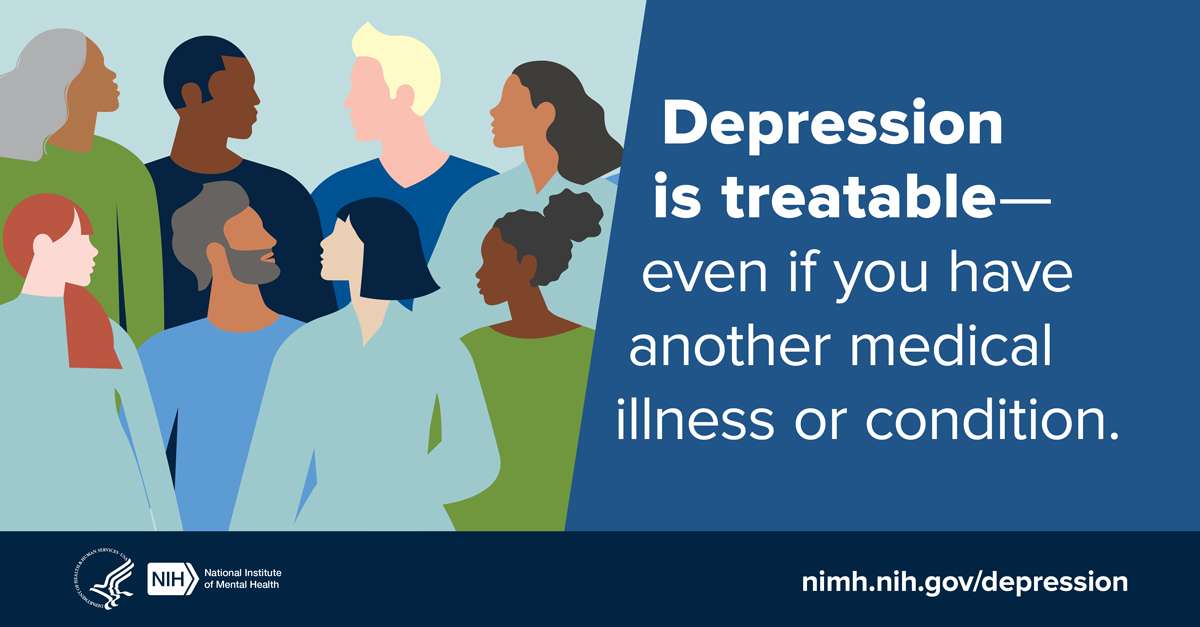DEC.
19,
2016
When I worked at a psychiatric hospital, I would wheel my cart full of instruments and musical gadgets down the hallway every morning. Patients lingering in the hall would smile and tap on a drum as I passed by. Some would ask me if I had their favorite band on my iPad. Some would peek their heads out of their rooms, and exclaim, “Molly’s here! It’s time for music therapy group!” Oftentimes, I would hear about patients who were asleep in their rooms when I arrived, but their friends would gently wake them with a reassurance: “You don’t want to miss this.”
Music to My Ears
I’ve been lucky to serve many children and adults in various mental health settings as a music therapist. I’ve heard stories of resilience, strength and adversity. I’ve worked with individuals who have experienced trauma, depression, grief, addiction and more. These individuals have not come to me in their finest hour, but despite feeling lost or broken, music provided them with the opportunity for expression and for experiencing safety, peace and comfort.
Research shows the benefits of music therapy for various mental health conditions, including depression, trauma, and schizophrenia (to name a few). Music acts as a medium for processing emotions, trauma, and grief—but music can also be utilized as a regulating or calming agent for anxiety or for dysregulation.
There are four major interventions involved with music therapy:
- Lyric Analysis
While talk therapy allows a person to speak about topics that may be difficult to discuss, lyric analysis introduces a novel and less-threatening approach to process emotions, thoughts and experiences. A person receiving music therapy is encouraged to offer insight, alternative lyrics and tangible tools or themes from lyrics that can apply to obstacles in their life and their treatment. We all have a song that we deeply connect to and appreciate—lyric analysis provides an opportunity for an individual to identify song lyrics that may correlate with their experience.
- Improvisation Music Playing
Playing instruments can encourage emotional expression, socialization and exploration of various therapeutic themes (i.e. conflict, communication, grief, etc.). For example, a group can create a “storm” by playing drums, rain sticks, thunder tubes and other percussive instruments. The group can note areas of escalation and de-escalation in the improvisation, and the group can correlate the “highs and lows” of the storm to particular feelings they may have. This creates an opportunity for the group to discuss their feelings further.
- Active Music Listening
Music can be utilized to regulate mood. Because of its rhythmic and repetitive aspects, music engages the neocortex of our brain, which calms us and reduces impulsivity. We often utilize music to match or alter our mood. While there are benefits to matching music to our mood, it can potentially keep us stuck in a depressive, angry or anxious state. To alter mood states, a music therapist can play music to match the current mood of the person and then slowly shift to a more positive or calm state.
- Songwriting
Songwriting provides opportunities for expression in a positive and rewarding way. Anyone can create lyrics that reflect their own thoughts and experiences, and select instruments and sounds that best reflect the emotion behind the lyrics. This process can be very validating, and can aid in building self-worth. This intervention can also instill a sense of pride, as someone listens to their own creation.
On Another Note
When I worked at a residential treatment center, I was notified that a child refused to continue meeting with his usual therapist. Even though he was initially hesitant to meet with me, he soon became excited for our music therapy sessions.
In our first session, we decided to look at the lyrics of “Carry On” by FUN. I asked him to explain what it means to be a “shining star,” which is mentioned serval times in the song. I was expecting this 8-year-old to tell me something simple, like “it means you’re special.” But he surprised me when he stated, matter-of-factly: “It means that you are something others notice. It means you are something to look up to, and you are something that helps others navigate.”
And just like that: This lyric offered the opportunity to discuss self-worth, resilience, and strength. Music provided him with the structure and opportunity to process in an engaging way. Soon, his therapist began attending our sessions to help build a healthier therapeutic relationship. His family and teachers reported improved emotion regulation and social interaction skills. Music therapy had provided countless opportunities for building healthy relationships, just as it has for thousands of others.
Try it for yourself! Check out the American Music Therapy Association to find a board certified or licensed music therapist near you.
Molly Warren, MM, LPMT, MT-BC received her Master’s in Music Therapy with a focus in Psychology from Colorado State University. Warren specializes in working with individuals with trauma and neglect backgrounds and other behavioral disorders. She also has experience in working in an acute psychiatric facility in which she has worked with adult, adolescent, and pediatric general mental health populations. Her philosophy is to introduce novel and authentic modalities to best reach the needs of her clients to create a genuine and individualized experience. Warren currently works in her own private practice, Olive Branch Therapeutic Services. You can visit her website at www.olivebranchtherapeuticservices.com
Overview
What is music therapy?
Music therapy is the clinical use of music to accomplish individualized goals such as reducing stress, improving mood and self-expression. It is an evidence-based therapy well-established in the health community. Music therapy experiences may include listening, singing, playing instruments, or composing music. Musical skills or talents are not required to participate.
Music therapy may help you psychologically, emotionally, physically, spiritually, cognitively and socially. A short list of benefits includes:
- Lowering blood pressure.
- Improving memory.
- Enhanced communication and social skills through experiencing music with others.
- Self-reflection. Observing your thoughts and emotions.
- Reducing muscle tension.
- Self-regulation. Developing healthy coping skills to manage your thoughts and emotions.
- Increasing motivation.
- Managing pain.
- Increasing joy.
Formal music therapy was defined and first used by the United States War Department in 1945. It helped military service members recovering in Army hospitals with occupational therapy, education, recreation and physical reconditioning.
Who do music therapists work with?
People of all backgrounds, ages and cultures can respond to music, and to music therapy. Notable groups music therapists have helped include:
- Military service members and veterans. Music therapy helps you cope with trauma.
- People with Autism Spectrum Disorder (ASD). Individuals on the spectrum learn best when there is familiarity, structure, predictability and consistency.
- Individuals with Alzheimer’s disease. Music therapy may help with memory and stimulate your mind because of predictability, familiarity and feelings of security.
- People in correctional settings. If you’re incarcerated, in a mental health facility, half-way house or group home, music therapy may help with problem-solving, communication skills, relaxation and decreasing impulsivity.
- Victims of trauma and crisis. If you’ve experienced trauma and crisis, you might have anxiety, stress and pain. Music therapy can help you with decreasing those three experiences, improving your mood, feeling confident and in control and providing a non-verbal outlet for emotions.
- Those who are physically ill. The list includes, but is not limited to people with chronic pain, diabetes, cardiac conditions, cancer, headaches, recent surgery and people in rehab.
- Individuals with mental health disorders. If you’re dealing with a mental health disorder, music therapy can help you with communication and expression, help you explore your thoughts and feelings, improve your mood and concentration and develop coping skills.
- People with chronic pain. Music therapy can help decrease your pain, anxiety, fatigue and depression.
- Substance abusers. Music therapy may help if you have a substance abuse disorder. Research has shown that it can increase motivation and self-esteem, reduce muscle tension, decrease anxiety, improve self-awareness and strengthen coping skills.
Where does music therapy take place?
The most common settings are hospitals, schools, nursing homes, outpatient clinics, mental health centers and residences for individuals with developmental disabilities. Music therapists also go to juvenile detention facilities, schools and private practices.
Is music therapy outpatient or inpatient?
Whether the music therapy is delivered outpatient or inpatient depends on the individual program. You may be able to come in for sessions during the day (just like a counseling appointment), or a music therapist may come to you while you’re admitted into the hospital or at school. Sometimes music therapy is held in groups.
Do music therapists work with children and adolescents?
Yes. Music therapy may help with the following:
- Behavior disorders.
- Mood and anxiety disorders.
- Attention deficit/Hyperactivity disorder (ADHD).
- Autism spectrum disorders (ASD).
- Trauma.
- Substance abuse disorders.



